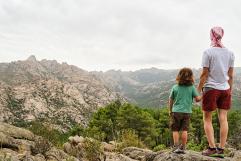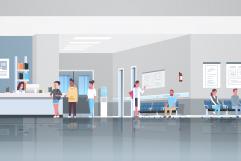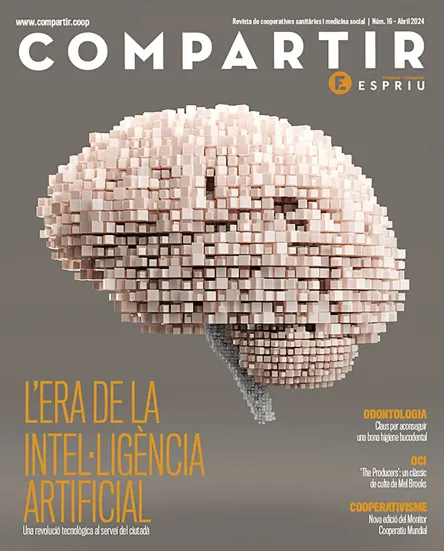
62% of the European population lives in areas with few green spaces
Public green spaces accessible for walking, cycling, playing and carrying out other open-air activities can encourage safe mobility and access to the basic services for women, older people and children, as well as for low-income demographic groups, which would improve equality on the subject of health,” Nathalie Röbbel, an official technical officer in the Department of Public Health, Environmental and Social Determinants at the World Health Organisation, indicates in an article.
At ISGlobal, they also emphasising the benefits of green spaces. They analysed over a thousand cities from 31 European countries and they discovered that up to 43,000 premature deaths could be prevented every year if the World Health Organisation’s (WHO) recommendations were met, indicating that there should be a green space covering at least 0.5 hectares at a distance of no more than 300 metres in a straight line from each home. The results published in ‘The Lancet Planetary Health’ confirm that 62% of the European population lives in areas with fewer green spaces than recommended.
Resilient and healthy
In her book, ‘La ciudad de los cuidados’ (The caring city), the architect Izaskun Chinchilla proposes that the areas recovered from the vehicular traffic thanks to the low emission areas, should be used for green spaces. This would allow cities to be more resilient to climate change and would improve the quality of their air, as the trees would capture the carbon dioxide from the atmosphere, contributing to contain rainwater runoff and help to mitigate the heat island effect. Also, according to the architect, exposure to tree-covered areas “reduces blood pressure, stimulates the immune system and improves the general feeling of well-being.”



